Scientific name : Nigella sativa Common names: black cumin, cultivated black cumin. English names : nigella, black cumin Botanical classification: buttercup family (Ranunculaceae) Forms and preparations: seeds, oil, capsules (food supplements), creams, herbal teas. Medicinal properties of black cumin
Internal use: Excellent food supplement, dedicated to internal balance. Numerous healing properties: digestive, diuretic, stimulant, antioxidant, galactogenic (activates milk secretion in breast-feeding women), analgesic and anti-allergic. Stimulates the immune system, lowers bad cholesterol and prevents high blood pressure. Regular consumption of black cumin can reduce blood sugar levels and insulin resistance, making it an effective remedy for preventing type 2 diabetes. External use: Reduces headaches, dizziness and joint pain by applying locally or massaging into the skin. Treats colds, toothache (as a mouthwash) and skin problems (psoriasis, acne, eczema, burns). Treats acne or skin problems and improves the complexion. Black cumin's anti-infectious action helps to treat respiratory, biliary and urinary problems. Its draining effect helps eliminate toxins in the intestines and lungs. In this way, it strengthens and protects the respiratory tract against all kinds of external aggression. Other proven therapeutic indications: Black cumin contains numerous natural components (vitamins, enzymes, trace elements and plant omega-6 and omega-3), whose health benefits have been widely demonstrated by science for over forty years.
Composition of black cumin. Parts used: Black cumin seeds are used in phytotherapy. Black cumin oil is obtained by cold pressing the seeds. Active ingredients: Cultivated black cumin seeds contain proteins, lipids, carbohydrates, amino acids and secondary metabolites, which are known for their pharmacological activity. Black cumin seeds contain high levels of thymoquinone, thymohydroquinone, dithymoquinone, thymol and omega-3 and omega-6.
Use and dosage of black cumin: The form most commonly used in phytotherapy is black cumin oil, extracted from its seeds. - For adults: take 1 to 3 teaspoons, pure or with honey, milk or any other food, with a meal, or 1 tablespoon in the evening at bedtime, for three-month courses of treatment. For children under 12, half a teaspoon a day is sufficient, while children over 12 may take 1 teaspoon a day.
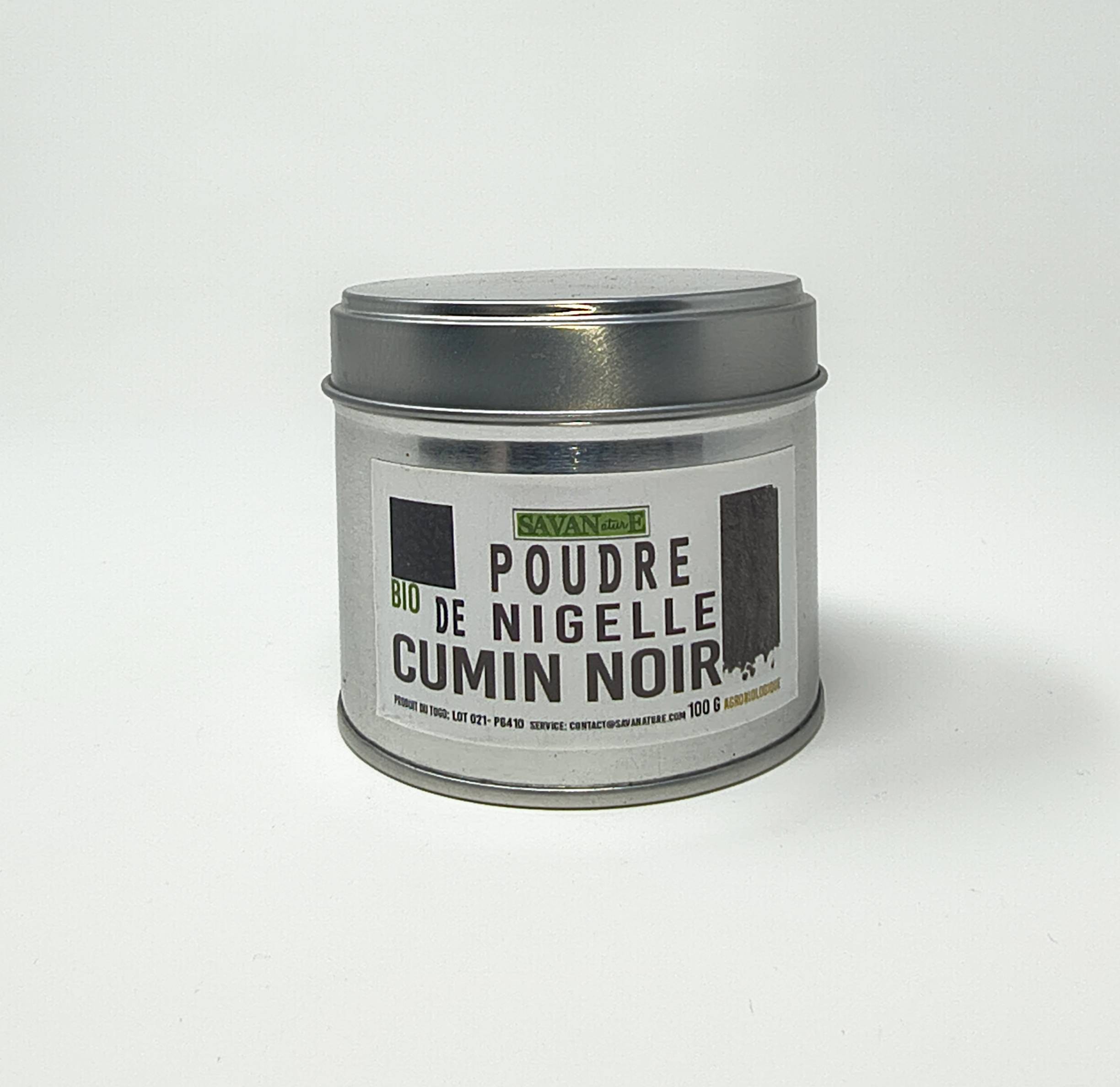

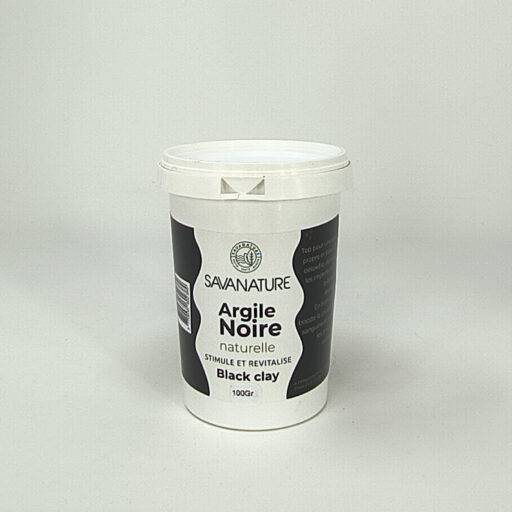
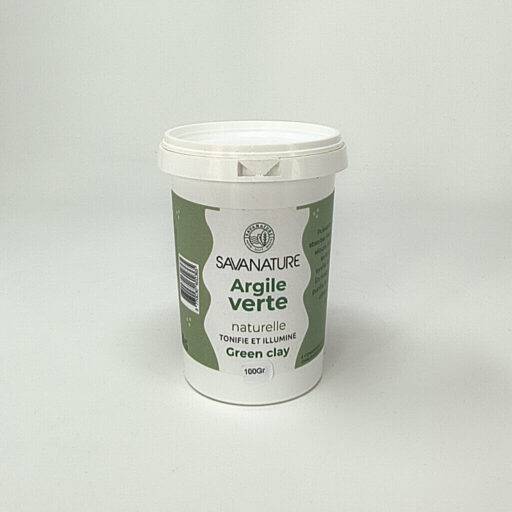

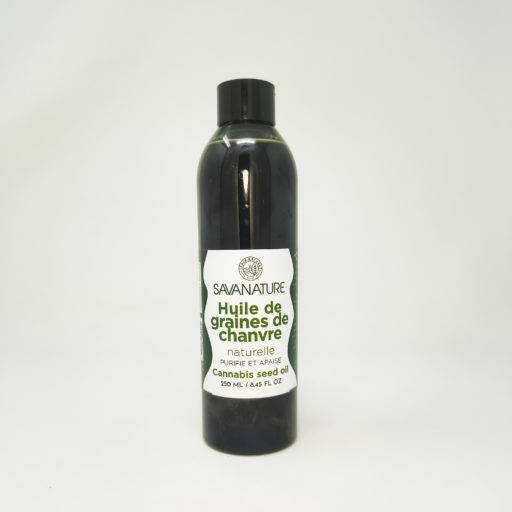
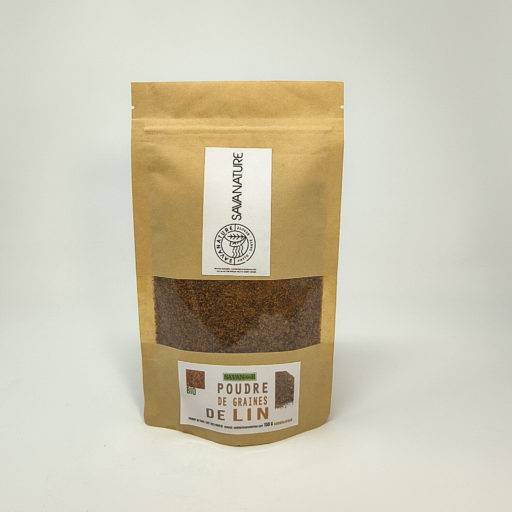

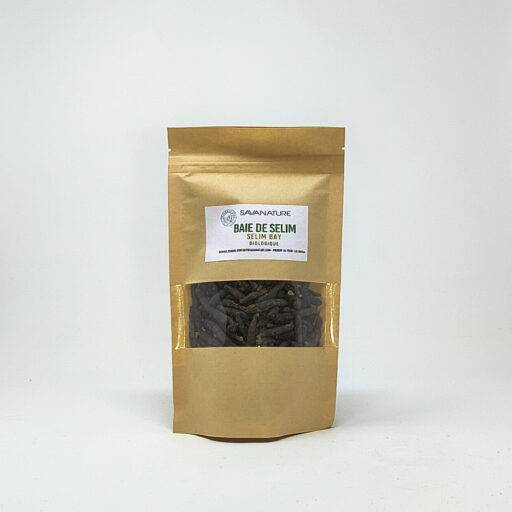
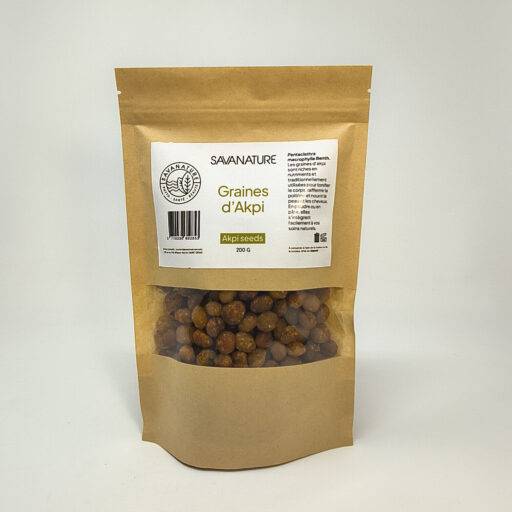
Reviews
There are no reviews yet.